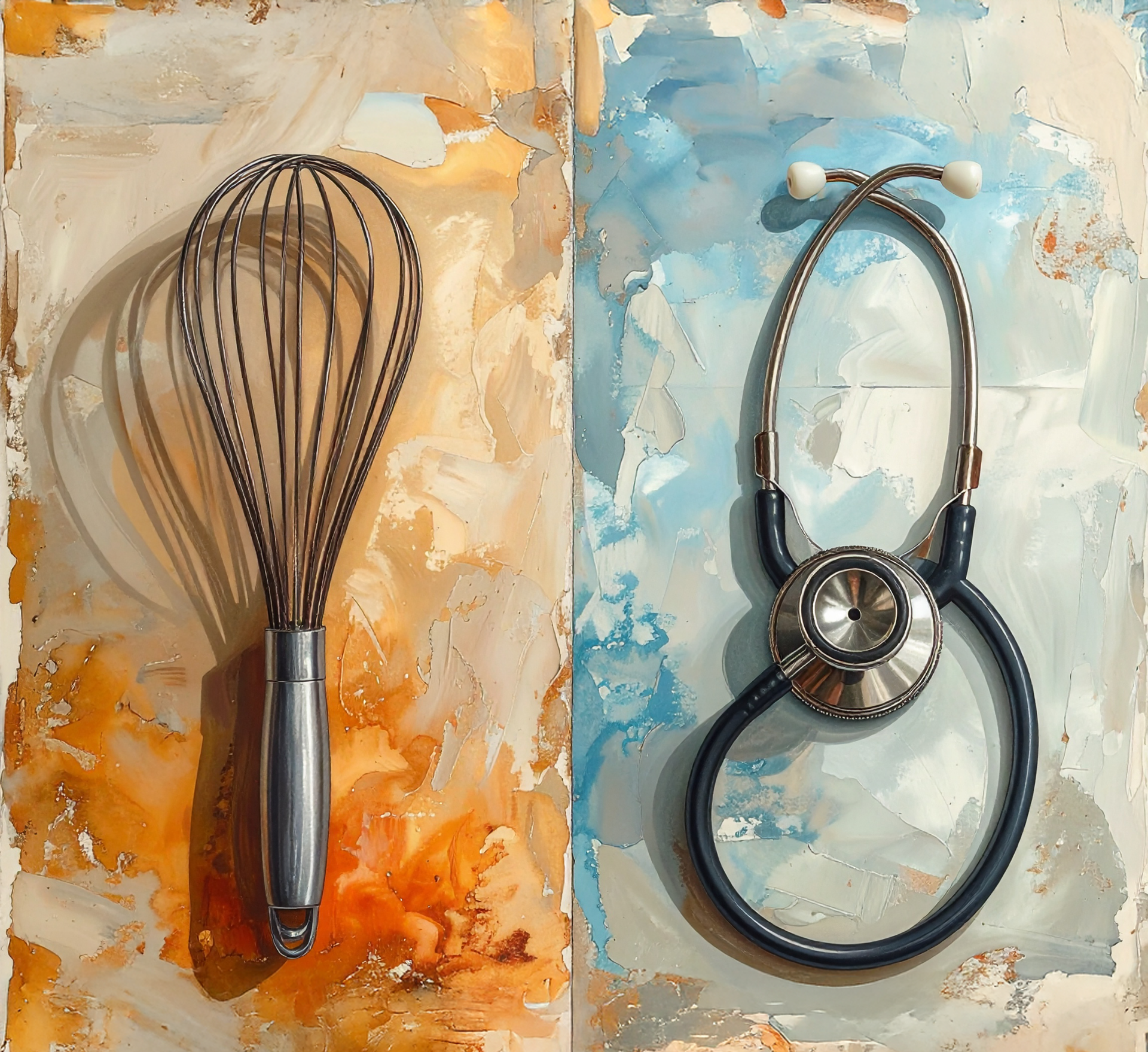
Culi-Clinical Toolbox (Part 2)
Perspectives for a Personalized, Rheologically Informed Approach to Dysphagia Nutrition (Part 2).
Scientifically grounded meal solutions for individuals with impaired food intake require equally evidence-based standards and indicators.
This is particularly true for chefs who wish to personalize texture-modified meals — potentially down to the individual level — by linking medical necessity to sensory pleasure.
Within the GastroLAB, critical reflection has long focused on the applicability of IDDSI tools in a professional culinary context. Chefs tend to favor the IGADY matrix, which is based on scientifically validated rheological principles that allow food to be tailored to both swallowing capacity and swallowing comfort.
Their message is clear: patients with dysphagia deserve more than randomly blended or pureed meals. They deserve EPC-based swallowing safety — founded on scientific evidence, supported by professional practice, and enriched with creative solutions — served with taste, style, and dignity on the plate.
A recent proof-of-concept study published by researchers from UZA and the CRIGA research team in Dysphagia — a multidisciplinary journal dedicated to swallowing and swallowing disorders — supports this gastrological vision.
Adding IGADY-compliant particles to pureed foods has proven safe and, when carefully selected, can improve the swallowing experience and quality of life of patients.
This opens new perspectives for a personalized, rheologically informed approach to dysphagia nutrition, as developed and offered by Gastromeals.
At Gastromeals, chefs integrate the IGADY matrix into Spoon It Lepelbrood.
